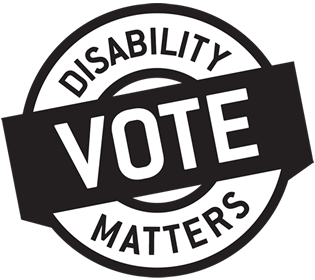Timely Access to Services for Manitobans with Disabilities and their Families
Thousands of Manitobans with disabilities and their families spend months, even years, in crisis while they wait for services that can help to significantly improve their quality of life.
Delayed care results in significantly higher costs to taxpayers, as increased use of government services is required. An investment in providing timely service is good public policy that will save taxpayers millions of dollars to provide better services and to lower the risk of requiring additional service.
- To receive services for children with autism, families currently wait 11 months. This delay can mean that many children never receive support because once the services become available, they are no longer eligible.
- It can take up to two years for people with serious mental health issues to access a psychologist within Manitoba’s public healthcare system.
- Families with adult children with intellectual disabilities are often forced to wait more than ten years for access to residential services.
- Wait times for homecare services for seniors living in the community in Winnipeg are not always reliable.
- Compounding delays, the processes for accessing many of the services are not clear. Reliable information on wait times is not publically accessible and no one seems to be accountable for system performance.
Timely access is Manitoba’s obligation under Article 26 of The United Nations Convention on the Rights of Persons with Disabilities.
Questions for the Parties
- What will your party do to ensure the comprehensive reduction of wait times for disability services?
- Will your party commit to implementing a transparent, accountable system to measure and publicly report on wait times for disability services? If yes, please provide details on how this will be accomplished within the next two years.
